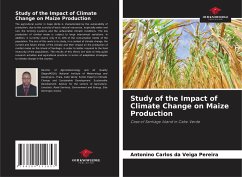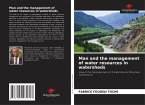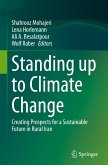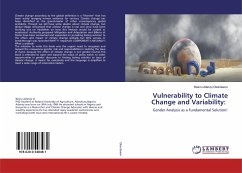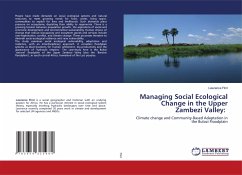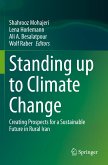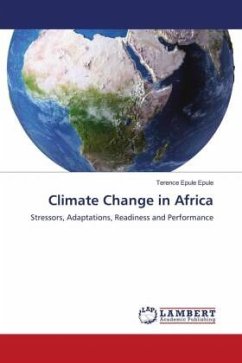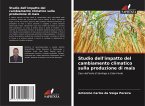The agricultural sector in Cape Verde is characterized by the vulnerability of production, due to the scarcity of basic natural resources, especially water and soil, the farming systems and the unfavorable climatic conditions. The low production of rainfed maize is subject to large interannual variations. In addition, it currently covers only 8 to 10% of the consumption needs of the population. The aim of this work is to study, in a context of climate change, the current and future trends of the climate and their impact on the production of rainfed maize on the island of Santiago, in order to better respond to the food insecurity of the populations. The results of this thesis are tools to help guide research activities and agricultural practices in terms of adaptation strategies to climate change in the country.
Bitte wählen Sie Ihr Anliegen aus.
Rechnungen
Retourenschein anfordern
Bestellstatus
Storno

